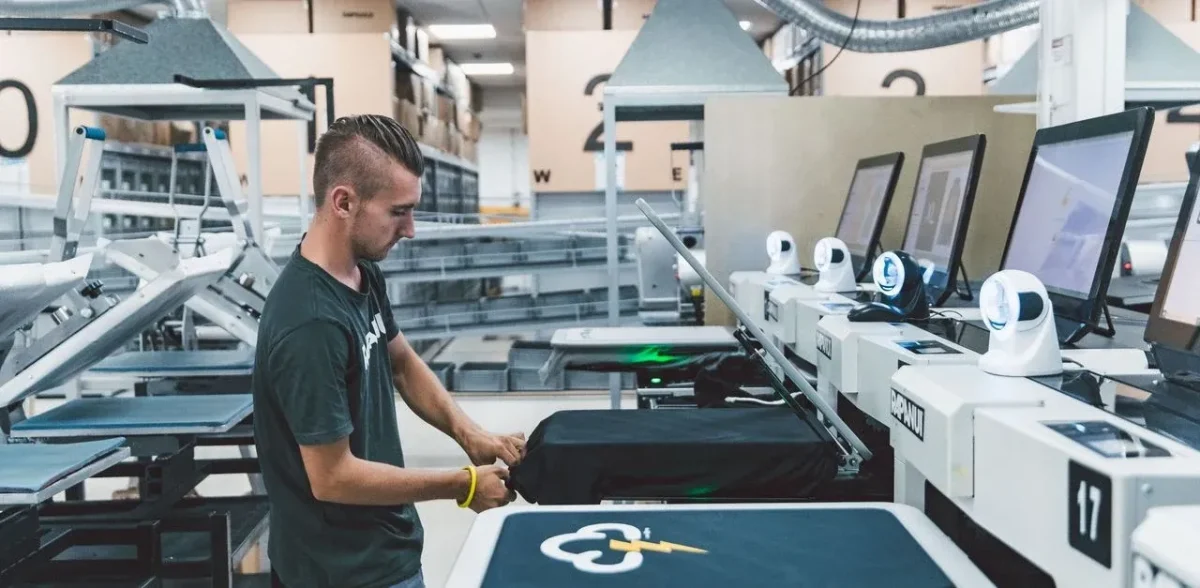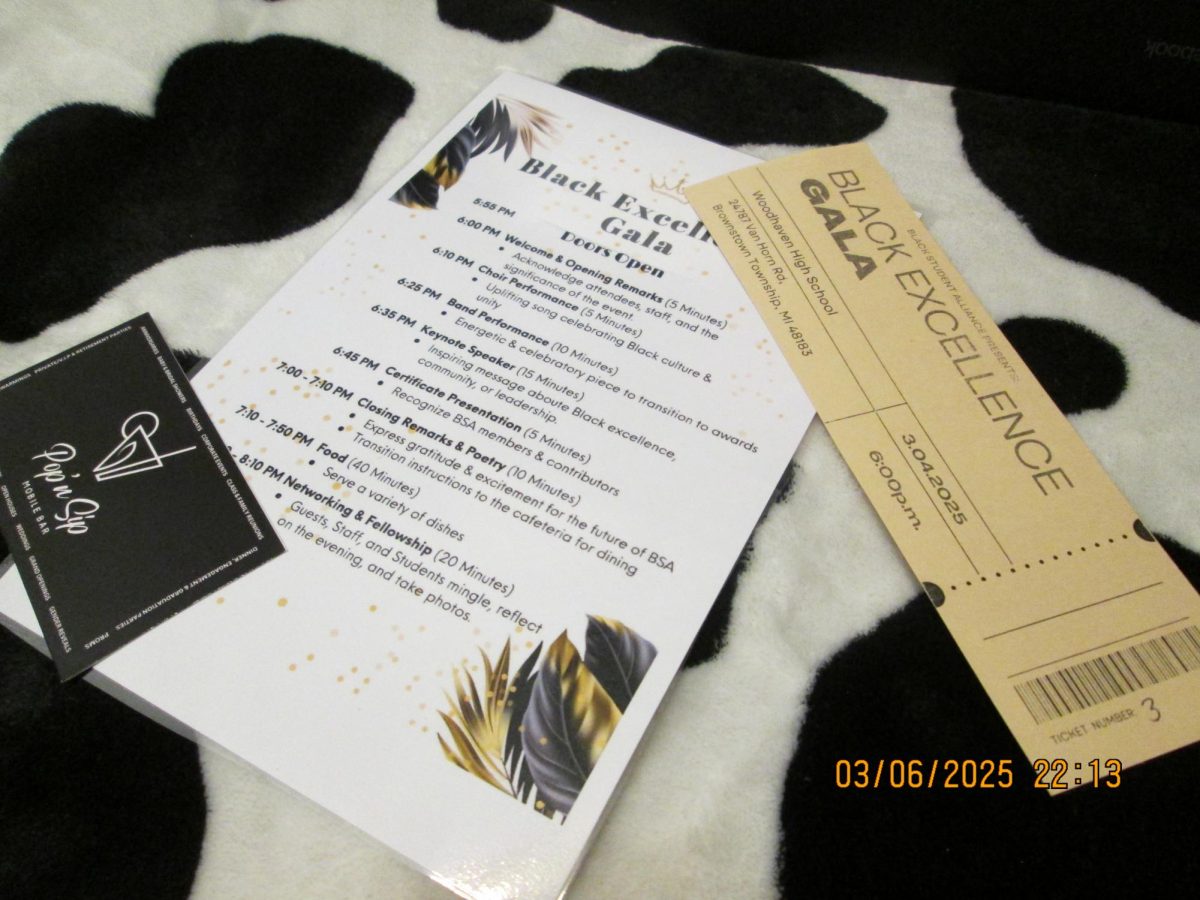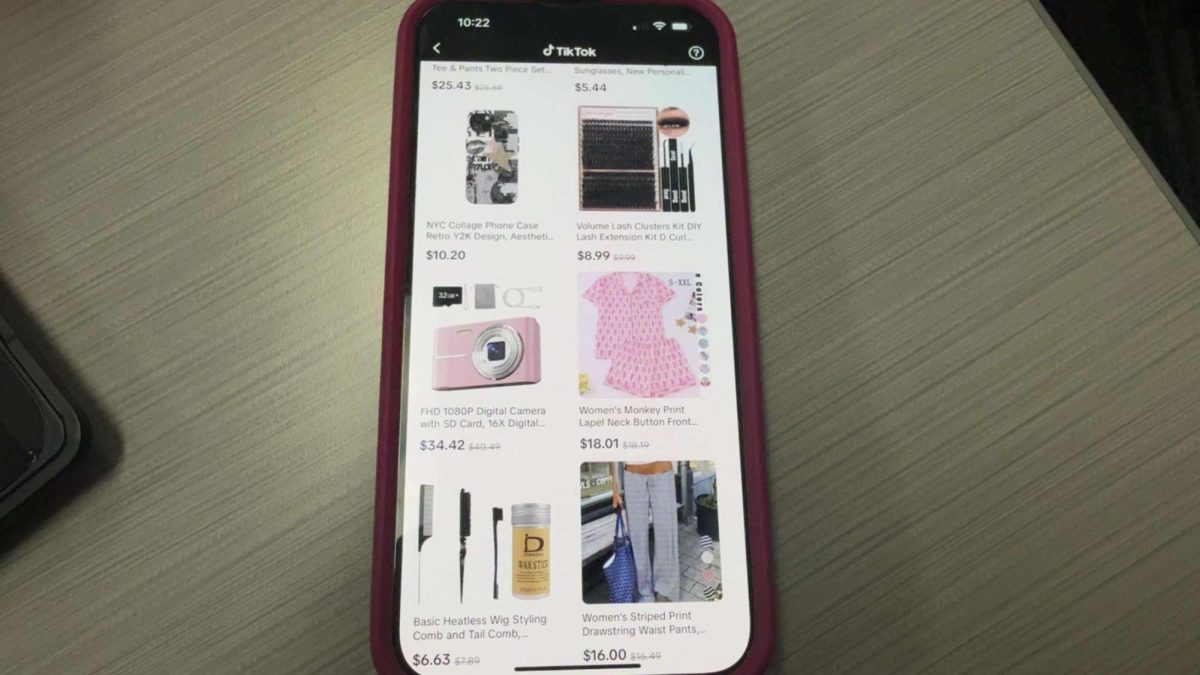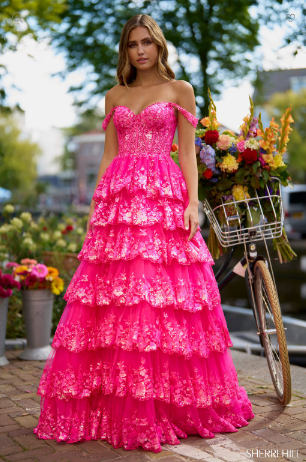Only 1 percent of used clothes are recycled into new ones. That said, two brothers who grew up on the Isle of Wight, off the southern coast of England, wanted to create a more efficient and cheaper way of selling clothes. The brothers Mark and Rob Drake-Knight came up with the idea of a company that sells clothes and then sends them back once they are worn out. They created a t-shirt printing business called Teemill, founded in 2014.
The brothers started small, with the thought of redesigning the clothing industry to end waste; they then grew big. Every product that they make is designed to go back to the factory when it is worn out, then they make new products from the material they recover. This can save the environment from landfills.
Teemill has multiple production sites across the UK and EU and plans on expanding more to keep up with recycling more clothes. They ship to most countries worldwide including the US. Not only do they sell tee shirts to their customers. They also sell sweatshirts and hoodies, art prints, postal cards, greeting cards, and stickers. They also allow customers to customize what they desire.
Inside the factories are many computers which help the factories be more efficient, more productive, and more sustainable. They also have trolley systems because products that are sent out travel around the factory on the trolley. This helps their team so they don’t have to carry around packages and it saves time. In the factories, they use print-on-demand technology which means that nothing is made until it has been ordered. By using this technology they can reduce that waste down to zero and so they aren’t making an excess number of shirts when they don’t need to.
Teemill’s first step in producing an efficient business is that orders are sent across borders as data. Second, they use that money to fund the circular program. This creates less waste and saves money.
What makes Teemills company unique from traditional linear economies is that they will not design something from the start, just for it to be thrown away at the end. Most t-shirt production businesses work on a linear model where products are made, used, and then thrown into landfills, which leaves us with problems. Each year as much as 92 million tons of clothing end up in landfills. Teemills business found a way to stop the waste and recycle clothing.






